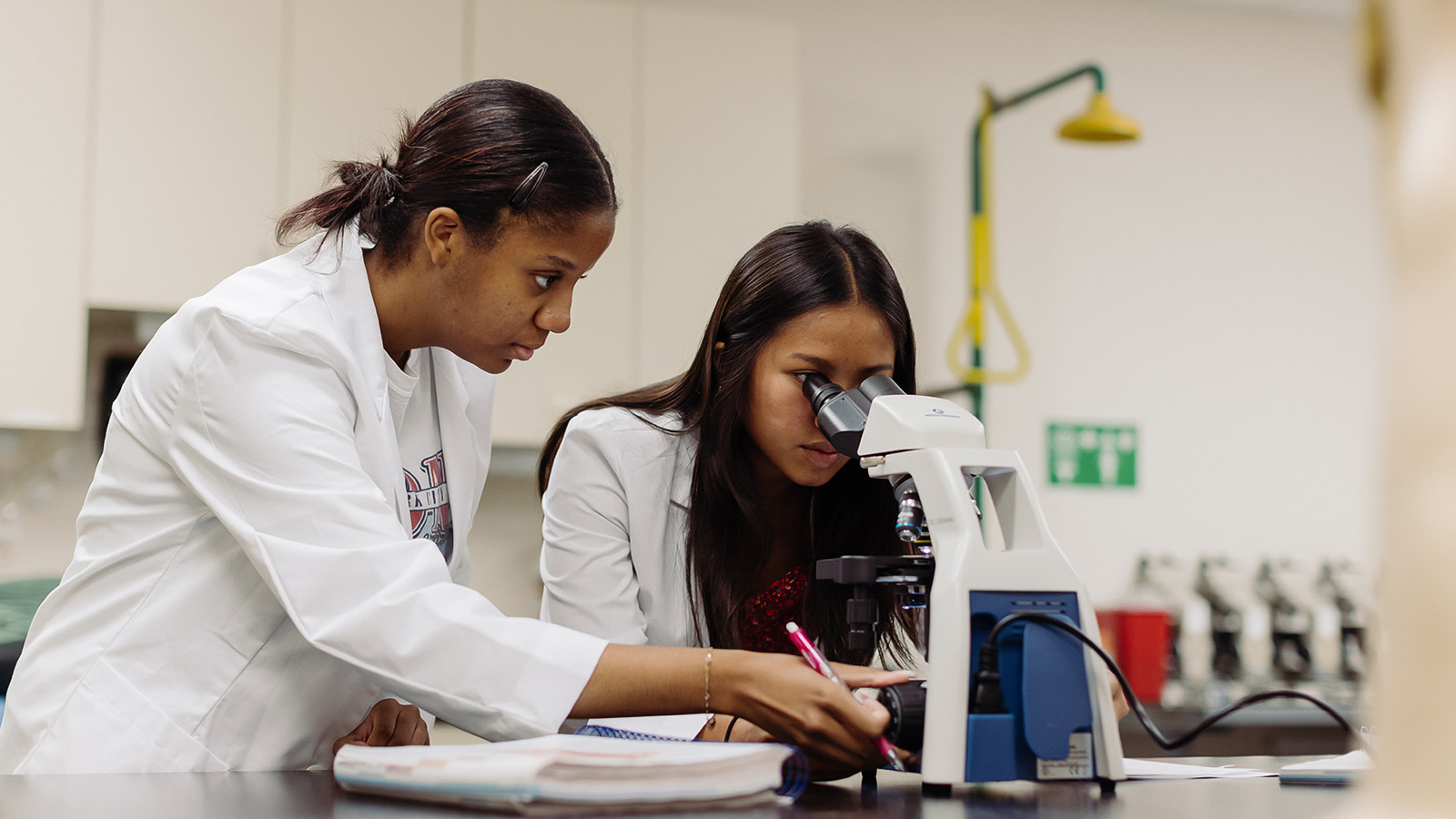Why Should I Become a Forensic Scientist?
Forensic science is a great career path for those looking for an exciting and rewarding job. Forensic scientists are well paid and have plenty of career opportunities. In fact, forensic science jobs are expected to grow at a rate of 13% by 2032, a much faster rate than the national average.
According to the U.S. Bureau of Labor Statistics, forensic scientists make an average of $63,740 per year, or $30.64 per hour. In Florida, forensic scientists earn an average of $60,990 per year.
What Does a Forensic Scientist Do?
Forensic scientists are responsible for analyzing crime scene evidence and report the findings to aid in investigations. They are required to examine any evidence in an objective manner for legal proceedings.
Forensic scientists work in a lab setting, and do not attend the actual crime scene like a crime scene investigator. Instead, they work closely with the evidence and samples provided by investigators working on the case.
Forensic scientists often have to testify at trials and present their findings and their methods used in their analysis.
How to Become a Forensic Scientist
Follow these steps to begin your career in forensic science.
Step 1: Earn a Forensic Science Degree
Anyone looking to become a forensic scientist will need atleast a bachelor’s degree in forensic science. This will qualify graduates for several jobs in scientific investigation and law enforcement. Graduate degrees can support your career progression into leadership roles.
The forensic science curriculum at Palm Beach Atlantic University is designed to feature a rigorous science base that will set this program apart from other undergraduate programs.
You’ll take classes such as:
- Biology
- Chemistry
- Genetics
- Instrumental analysis
- Biochemistry
- Statistics
- Human Immunology
- Forensic Psychology
It is possible to enter the forensic science industry with a degree in biology, chemistry, or a related degree, but a degree in forensic science will give you the best chance of success. It is important to choose a degree program that is accredited.
Step 2: Complete an Internship
Internships in forensic science are a vital part of the training process. An internship will give students hands-on experience that can’t be learned in the classroom. As well as providing technical skills, internship experience will boost your resume and help you build connections in the field.
Step 3: Gain Professional Certifications
In addition to earning a degree and completing field work, it is important to gain a professional certification through one of the forensic science certification boards. While some roles will require applications to have a certification, it is beneficial regardless of individual requirements.
A certification can prove to employers that you are an expert in your chosen subject area and can be trusted to carry out your responsibilities. This can support job prospects and even boost your salary.
List of Forensic Science Certification Boards:
Becoming a certified forensic scientist involves passing examinations in your chosen specialty. There are many certification boards and the full list can be found through the Forensic Specialties Accreditation Board, Inc.
Some of the more common certification boards include:
- The American Board of Medicolegal Death Investigators
- The American Board of Forensic Toxicology
- The American Board of Forensic Document Examiners
- The American Board of Criminalistics
Non-Degree Requirements for Becoming a Forensic Scientist:
- Have a valid driver’s license
- Pass a polygraph test
- Pass a background test
- Pass a drug test
- Show proof of certifications and degrees
Important Qualities for Forensic Scientists
Critical thinking: Being a forensic scientists often involves thinking outside-the-box.
Detail Oriented: When working with evidence for criminal cases, it is extremely important that you do your due diligence in ensuring every detail is accounted for when processing evidence.
Problem-Solving: Investigators rely on the support of forensic scientists to crack the cases they are working to solve.
Learn More about PBA’s Forensic Science Program
If you or someone you know is interested in becoming a forensic scientist, PBA’s forensic science degree can give you the training and experiences you need. Learn more about the forensic science degree and decide if this program is right for you.

